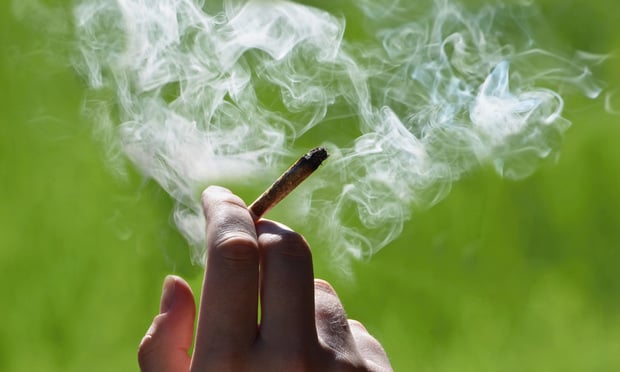 We see this issue come up time and again when an injured worker, in a workers' compensation case, seeks reimbursement for the cost of the drug and the carrier denies it, arguing Schedule 1. The obvious concern of carriers and employers is, will they be prosecuted by the federal government for paying for the cost of a Schedule 1 drug. (Credit: Tunatura/Shutterstock)
We see this issue come up time and again when an injured worker, in a workers' compensation case, seeks reimbursement for the cost of the drug and the carrier denies it, arguing Schedule 1. The obvious concern of carriers and employers is, will they be prosecuted by the federal government for paying for the cost of a Schedule 1 drug. (Credit: Tunatura/Shutterstock)
The movement to legalize marijuana dates back to 1970 when Congress passed the Controlled Substance Act (CSA), 21 USC 812, classifying marijuana as a Schedule 1 drug along with LSD, heroin and ecstasy. The Schedule 1 classification means these drugs have no accepted medical use, not even under medical supervision, and have a high potential for abuse.
Recommended For You
Want to continue reading?
Become a Free PropertyCasualty360 Digital Reader
Your access to unlimited PropertyCasualty360 content isn’t changing.
Once you are an ALM digital member, you’ll receive:
- Breaking insurance news and analysis, on-site and via our newsletters and custom alerts
- Weekly Insurance Speak podcast featuring exclusive interviews with industry leaders
- Educational webcasts, white papers, and ebooks from industry thought leaders
- Critical converage of the employee benefits and financial advisory markets on our other ALM sites, BenefitsPRO and ThinkAdvisor
Already have an account? Sign In Now
© Touchpoint Markets, All Rights Reserved. Request academic re-use from www.copyright.com. All other uses, submit a request to [email protected]. For more inforrmation visit Asset & Logo Licensing.







